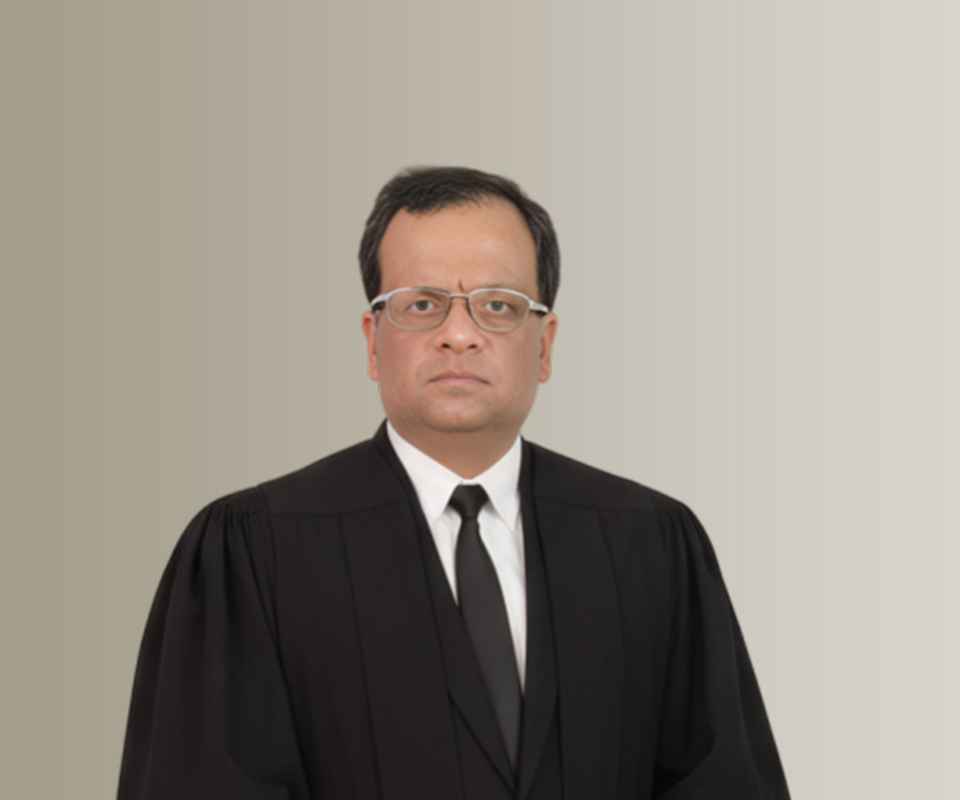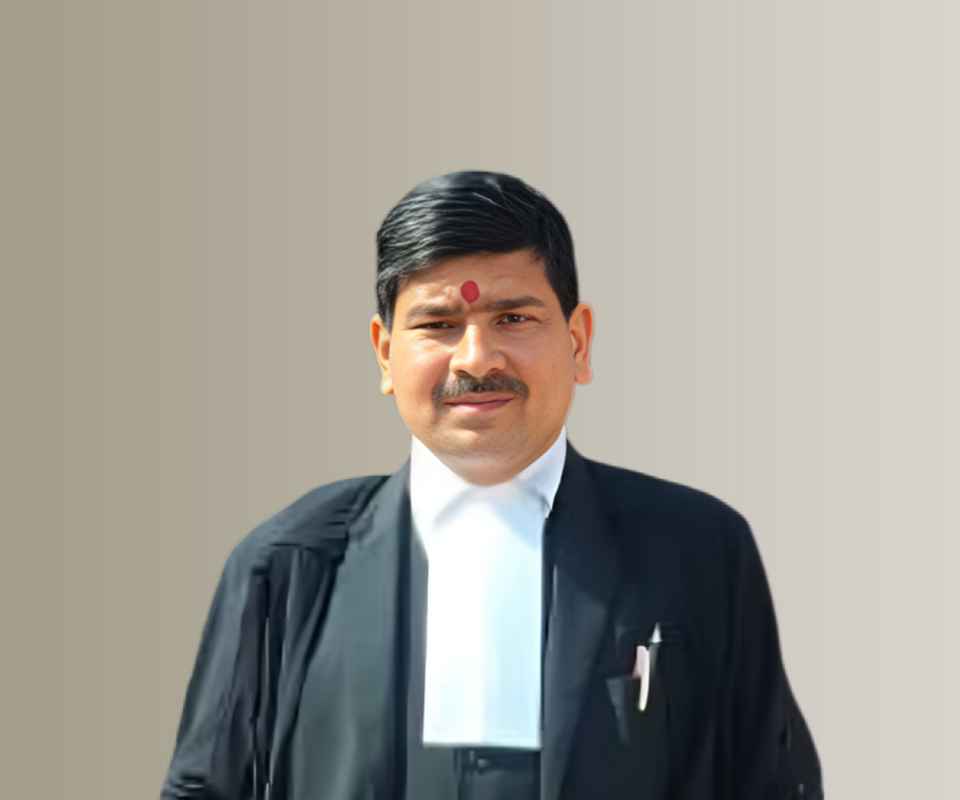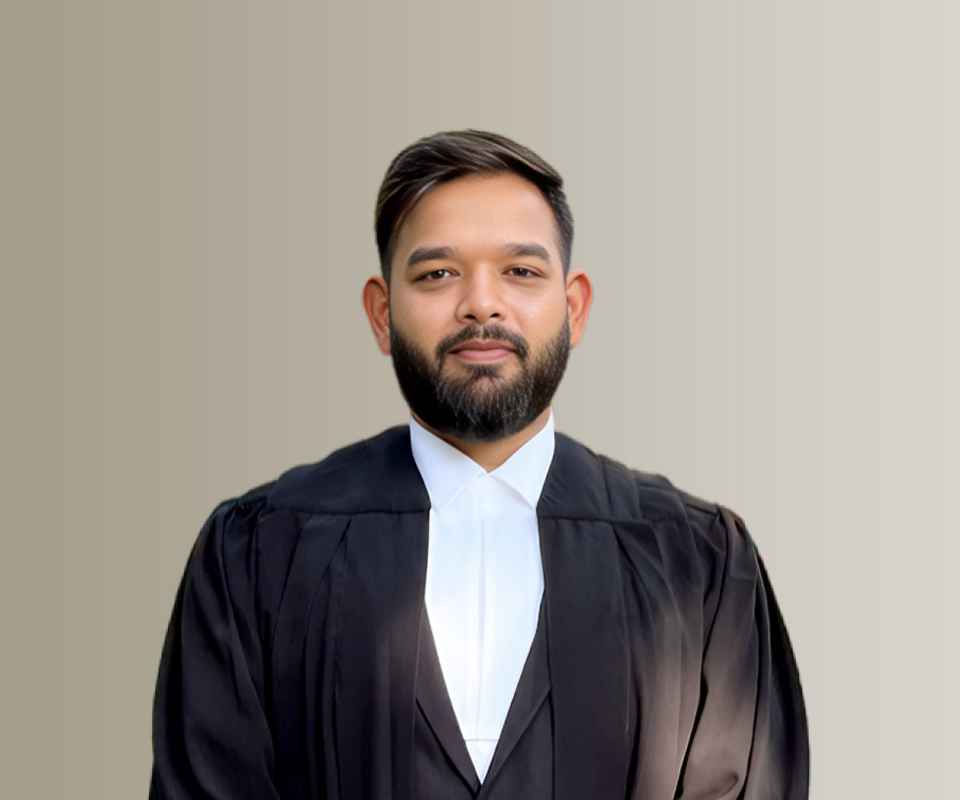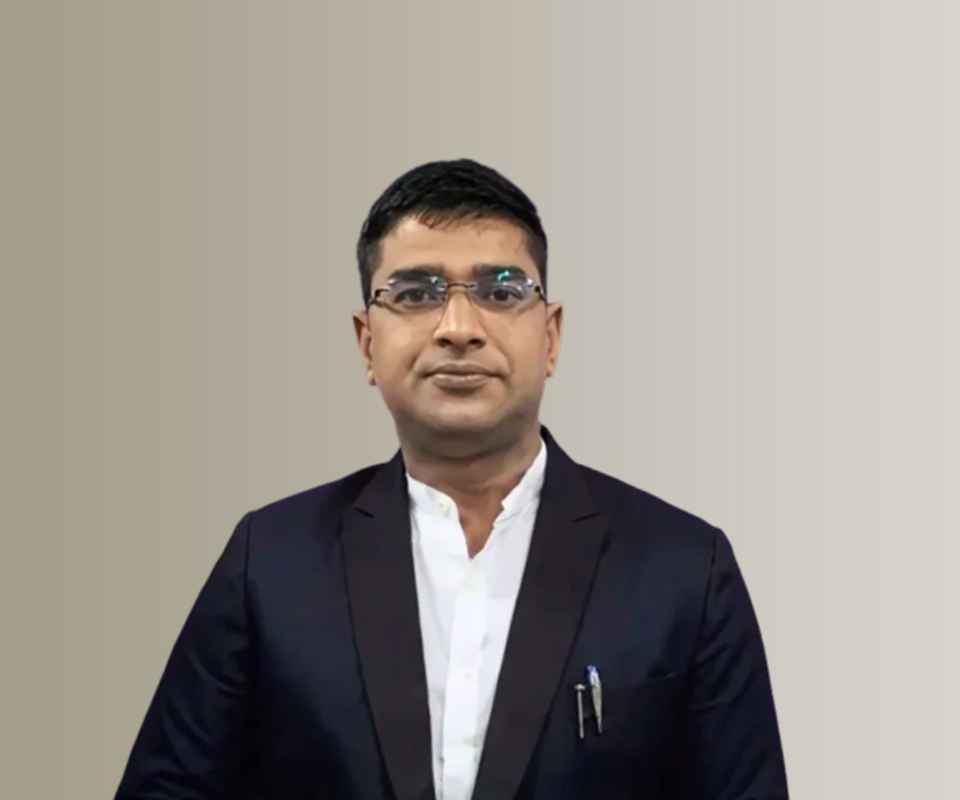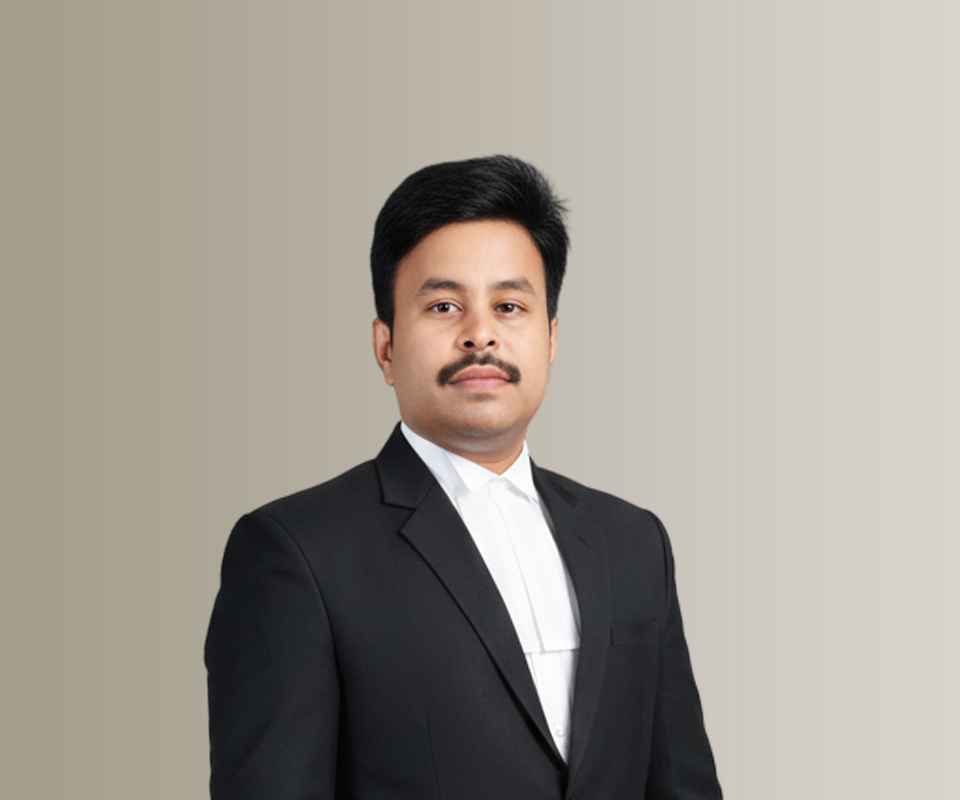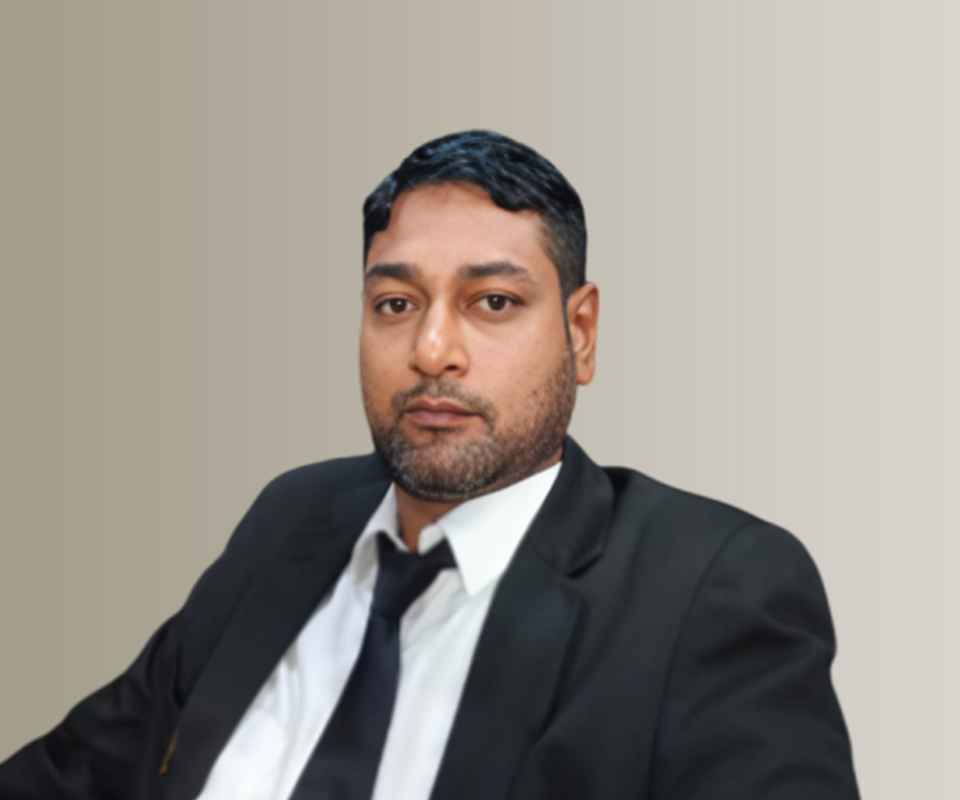Answer By law4u team
Yes. A doctor in India can be struck off the medical register for proven negligence, but only after following due process under medical ethics regulations. When it can happen • If the negligence amounts to professional misconduct under the Indian Medical Council (Professional Conduct, Etiquette and Ethics) Regulations, 2002 (now under the National Medical Commission). • If the act shows gross incompetence, reckless disregard for patient safety, or serious ethical violation. Process • Complaints are investigated by the State Medical Council or the Ethics and Medical Registration Board (EMRB) under the National Medical Commission. • The doctor is given a chance to present a defence. • If found guilty, penalties can include: – Warning or censure – Temporary suspension from practice – Permanent removal (striking off) from the medical register Effect • Striking off means the doctor loses the legal right to practice medicine anywhere in India. • In addition to disciplinary action, if the negligence amounts to a criminal offence under the Bharatiya Nyaya Sanhita, 2023 (e.g., causing death by negligence), criminal prosecution can also run parallel.
